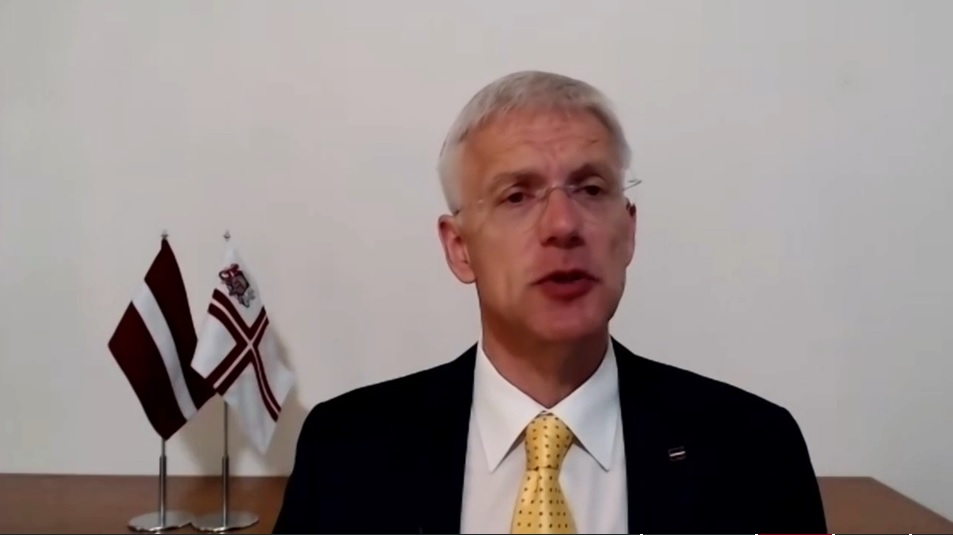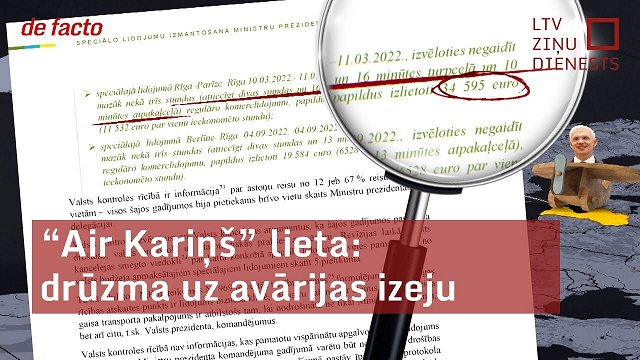In Kariņš' analysis, the government has got the fundamental aspects of handing the crisis right and voiced hopes that though this involved taking an immediate financial hit, long-term stimulus should be able to restore public finances.
"We made the analysis that actually the economy was going to go down anyway and we had better do everything to save the health and lives of our citizens. In retrospect we were right," said Kariņš.
He pointed to the different nature of the current crisis when compared to the financial crisis a decade ago.
"That was a tighten-your-belt crisis, this is a spend and stimulate crisis," Kariņš said, outlining how the government was prepared to stimulate the economy in the belief that future growth could prevent national debt levels becoming burdensome.
"The debt ceiling that we’re putting is 52% of GDP," Kariņš said, explaining that by keeping it below 60% the impact on Latvia's credit ratings would be minimised.
"We don’t want to lose our double-A credit rating," Kariņš said. "Within the next 6 to 8 years we’re going to have to get it [debt] back down to 40% - not necessarily through belt tightening but expansion."
In the future paperless administration will be the norm in the civil service, Kariņš said, recounting how his own level of paperwork has declined in recent weeks.
"Before the crisis set in about half the documents I had to sign, I had to sign electronically, and half I had to sign by hand... now the only things I sign by hand are congratulations to my fellow prime ministers on their national day," he said.
However, the change will likely lead to future job losses in the public sector, he signalled.
"I'm convinced that over time well be able to translate that into a leaner state apparatus... when we move to less human interaction there are simply less humans you have to pay to interact," the PM said.






























